The Chancellor has increased the current £85,000 VAT threshold to £90,000, claiming that this is designed to support businesses and sole traders which often put off growth due to the VAT compliance costs.
Chancellor Jeremy Hunt said: “We should reward smaller businesses who make a big impact on our society and employ millions of people.
“That’s why from April 1, we’re increasing the VAT registration threshold from £85,000 to £90,000 – cutting taxes for small businesses across the UK.”
But is this really what will happen, or counter intuitively would a cut in the threshold actually help growth?
At the moment, working to increase turnover, and therefore put a business into the scope of VAT comes at a cost. For many, hitting the VAT level is a massive obstacle to growing their business, while for others it is a disincentive to keep accurate records. Whilst there are no figures to prove it, it doesn’t take a huge leap of imagination to see that this leads many to operate on the edges of the black economy, when in fact they could be contributing to the Treasury.
Take hairdressing as an example. To reach the VAT registration level, the business must turnover more than £90,000 before it has to account for VAT. If the hairdresser operates at under £90,000, he or she keeps all the fees they charge the customer. If, however, they suddenly have to charge an additional 20% VAT, it can either push the fee too high and make them uncompetitive, or they have to take the hit as a cut in their own income.
Therefore, a hairdresser turning over £89,999 will keep all of his or her income. Provided the cost of a haircut stays the same, a hairdresser turning over £90,000 will only keep £75,000. An increase in turnover of just £1 actually costs the hairdresser £15,000. There is therefore little or no incentive to grow a business past the threshold unless the jump is going to be substantial. Why take on a trainee or apprentice if it is going to make you significantly worse off?
The same issues arise in many other small businesses, such as motor mechanics or construction services.
Arguably the best way of dealing with this would be to reduce the VAT registration threshold to nil (or as close to nil as possible). Everyone trading charges VAT, it becomes more difficult to evade VAT, there would be a significant boost to the Treasury, and VAT would not be an active disincentive to growth – a quadruple win!
Disclaimer - Accurate at time of publication



